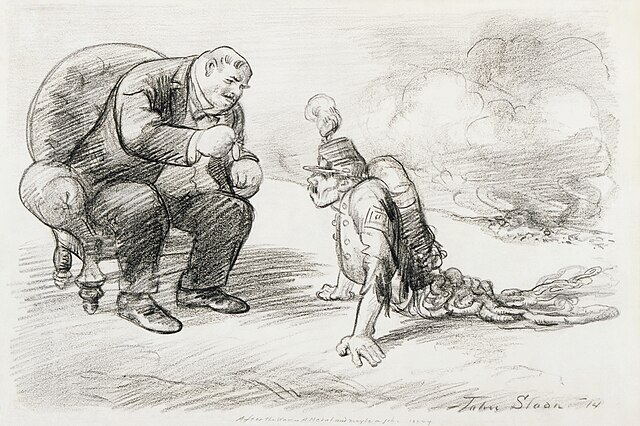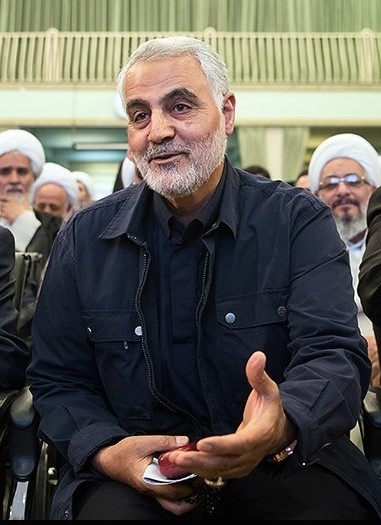
Historian Alfred McCoy joins us to discuss his new book, Cold War on Five Continents: A Global History of Empire and Espionage from Haymarket Books. "The Moment of Truth" with Jeff Dorchen follows the interview.
Help keep This Is Hell! completely listener supported and access bonus episodes by subscribing to our Patreon.
Please rate and review This Is Hell! wherever you get your podcasts. It really helps the show ascend the algorithm to reach new listeners.
The Assassination That Paved the Way for Trump’s Venezuela Attack / Séamus Malekafzali
Welcome to the Moment of Truth: the thirst that is the drink. It’s quite a paradox.
We’ve all either come into conflict with those with whom we have an inexplicable bond, over things we care about deeply, or avoided conflict with these others over them, but the conflict is always there, always lurking amid potential interactions. And we’ve each had to navigate these minefields in our own way. This is the shameful story of one of my navigations.
Early one day, I opened my email to find some very strange messages: three friends had written to console me. Apparently, a mutual friend of ours had sent an email to me, cc’d to the three of them, that lambasted me so harshly they were concerned for my welfare. One was apologetic, as the author of the email was her husband. Another, the mother-in-law of this fellow, averred that she’d “always liked me,” as if I were already swinging from a structural beam, or had taken a header off the roof of a skyscraper or a picturesque cliff. The third person copied in – just a good friend who had himself witnessed the writer’s and my brewing antagonism over the years – I think, urged me not to take anything in the offending email to heart.
I hadn’t read the email in question, because I had long ago had my email-handling software funnel all correspondence from this fellow into a folder labeled with his name, a colon, and the value-free word “crap.” After reading these other, sympathetic, emails, I went and found the offending missive in that folder and, rather than read it, shoveled it into the email furnace. For that reason, I got all the delight of getting my wounds salved without receiving any of the wounds. It was all salve.
Had I read the email, I’m sure I would have needed the soothing voices of the concerned folk. I even got a few more apologetic texts from the wife, so I told her, and I paraphrase, “I didn’t read it. I have too much respect for him to want to think of him saying nasty things about me.”
And the fact is, it’s true. I think he’s an amazing person. He’s a unique combination of traditional and unorthodox, has a rigorous yoga practice, and goes above and beyond the dharma he considers it his duty to follow.
He lived in Seattle for a while, where he worked for Microsoft, started a pop-up restaurant, and did a few other things to accumulate enough... read more



